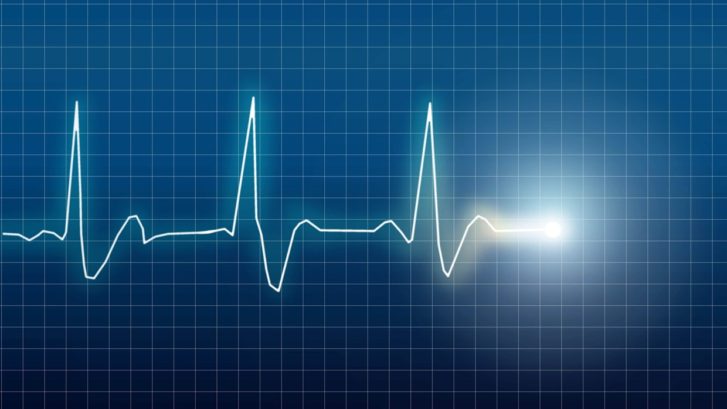Facts About ‘Missed’ Heartbeats and Heart Health
Because cardiovascular disease is the number one killer in America, a great deal of emphasis is placed on not only maintaining cardiovascular
According to the American Heart Association (AHA), they include:
- chest discomfort (pressure, squeezing, fullness, or pain)
- discomfort in other areas of the upper body (in one or both arms, the back, neck, jaw, or stomach)
- shortness of breath, with or without chest discomfort
- sudden nausea, lightheadedness, or breaking out in a cold sweat
Any such symptom should be considered an emergency, and treated immediately.
Causes hard to pinpoint
But notice one symptom that isn’t on the list: so-called “missed” heartbeats, also called arrhythmias or palpitations. This is how some people describe the feeling of an irregular heartbeat. Others describe this disconcerting—even frightening—phenomenon as a hiccup, a pause, or a jump in their heart’s normal rhythm, a “skipped” heartbeat, heart “flutters” or “flip-flops,” or as if their hearts were having “extra” beats. The fact is, this sensation is very common and is nearly always harmless.
These irregular beats occur more often as people age, and tend to affect women more than men. They are caused by a disruption in the heart’s electrical signal which regulates its normal rhythm. As common as they are, medical science hasn’t been able to pinpoint a specific trigger or triggers. If the person has not been diagnosed with heart disease, a definitive cause often remains a mystery.
Some have speculated that they are precipitated by excessive use of caffeine, nicotine, chocolate, alcohol, or by anxiety, stress, or panic. Others list dehydration, lack of sleep or sleep apnea, low blood sugar, fever, or low potassium among other possible causes. Some people report experiencing them regularly for years with their doctors unable to discover a reason for them. They have been reported to occur in some people as often as 1,000 times a day.
In a recent article on “missed” heartbeats, The Washington Post reported that they “are so common that, when study participants wear portable, rhythm-tracking devices called Holter monitors, virtually everyone gets at least one premature beat over a 24-hour period.”
“We always see these early beats,” Dr. Gregory Marcus, a cardiac electrophysiologist at the University of California, San Francisco, told the paper. “It’s part of being human.”
Causes for investigation
The medical term for this syndrome is premature ventricular contraction (PVC), or premature atrial contraction (PAC), depending on where in the heart they originate. PACs occur in the heart’s upper chambers (atria), PVCs in the lower chambers (ventricles). Collectively they are known as arrhythmias, meaning a heart beating out of normal rhythm.
Although the vast majority of “missed” heartbeat are benign, in some cases they could be a sign of something more serious. As mentioned, they could signal heart disease, an overactive thyroid gland, or anemia. Some drugs—legal and illegal—can also bring on palpitations. These include some common cough or cold remedies, some antibiotics, thyroid or asthma medications, cocaine, diet pills, and amphetamines.
When responding to your concerns about missed heartbeats, we will of course perform a complete physical examination to rule out a serious cause. We will also ask you detailed questions about when and how often they occur, if your heart rhythm speeds up or slows down when you experience them, whether you feel lightheaded or breathlessness at the same time, and whether you also have any kind of chest pain along with them.
Once we’ve told you that your symptoms are benign, there are some steps you can take to reduce them. Relaxation techniques, including meditation and deep breathing, can not only help reduce symptoms, but are good for your overall health. Other measures include limiting or avoiding nicotine, caffeine, and alcohol, increasing physical activity, and consuming a low-fat, fresh-food diet.
Because any irregularity in the heart could signal a serious problem, it’s important that you not try to diagnose them yourself. See us if you have any of the symptoms that we described. Chances are your palpitations are harmless, and we can help put your mind at ease.

